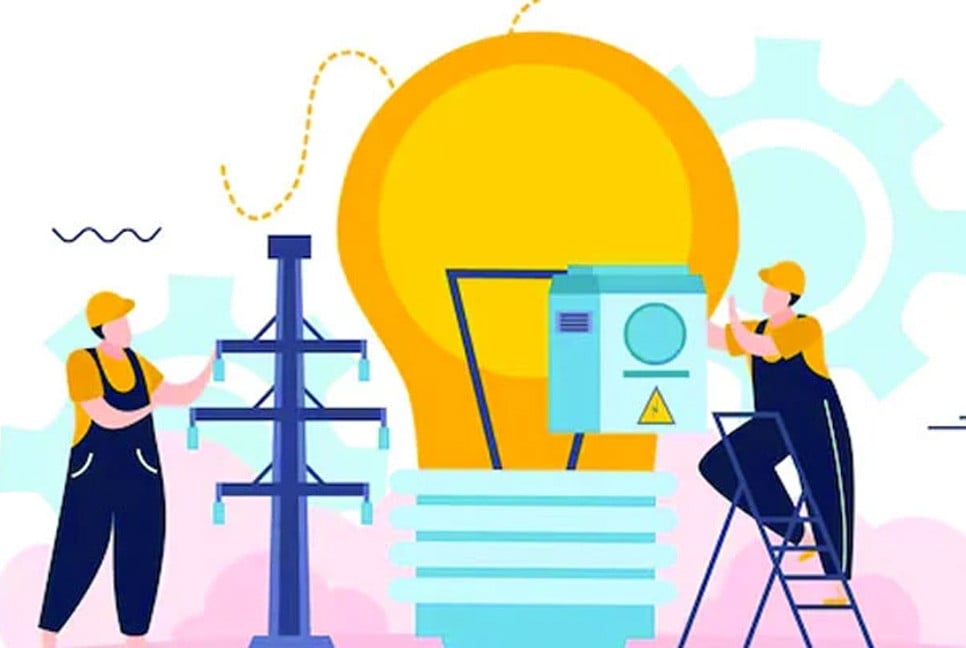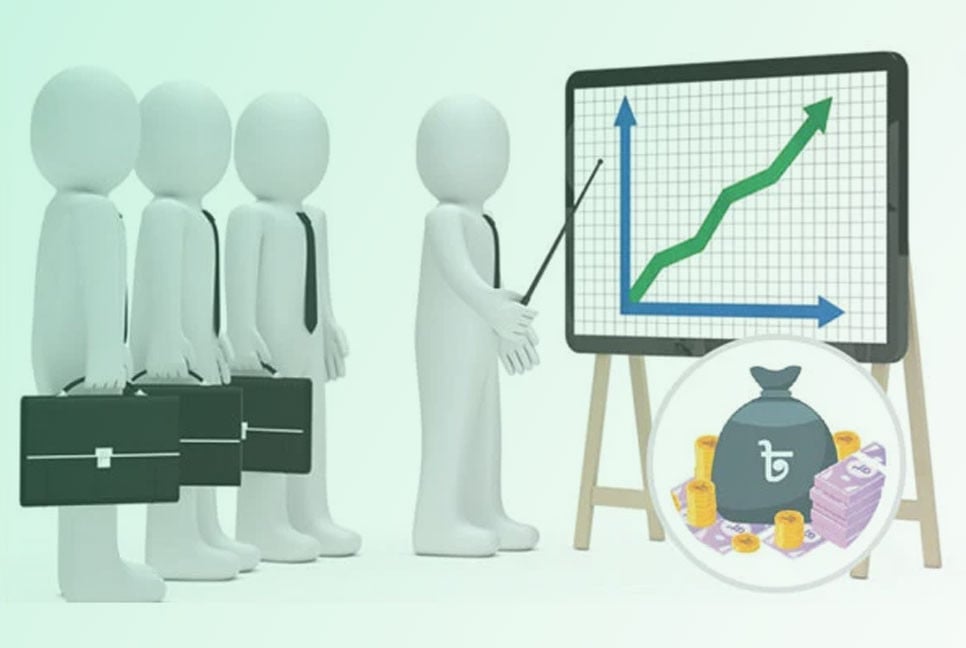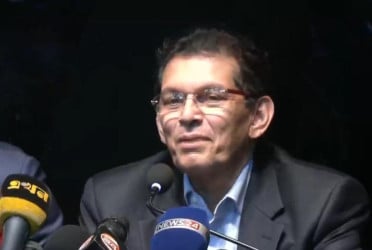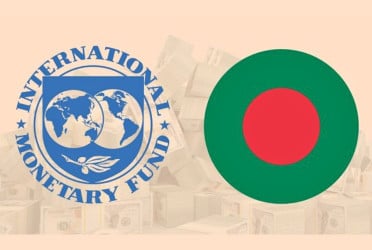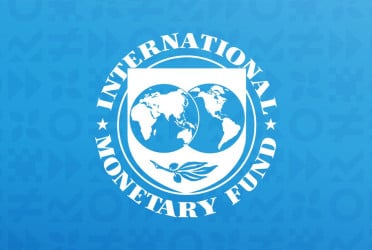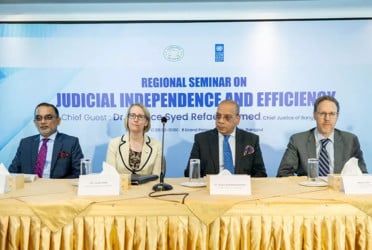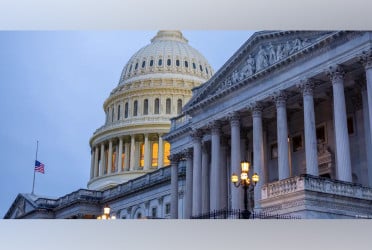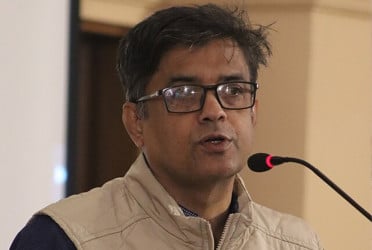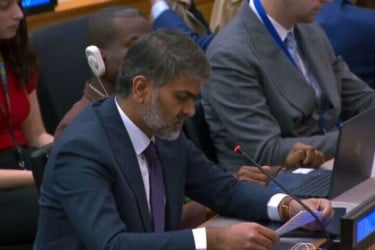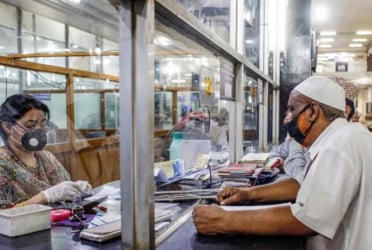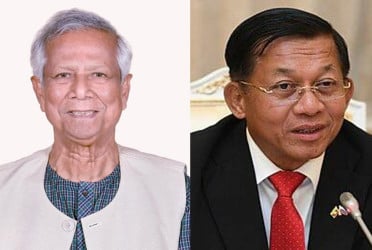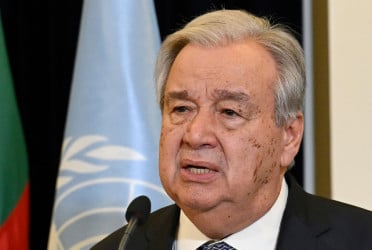Until now, all private power projects in the country were required to have an “implementation agreement (IA)”. But, the interim government has changed the policy.
Recently, the government called for tender for 10 solar power projects where the IA was cancelled. Therefore, investors in the power sector are being discouraged. There is a fear of Foreign Direct Investment (FDI) being hindered in the sector.
On the other hand, the electricity generation costs may increase further, resulting in a price hike in the consumer level. Overall, experts believe that the amount of losses of the Bangladesh Power Development Board (PDB) will also increase.
Regarding the cancellation of the IA, Power, Energy and Mineral Resources adviser Muhammad Fouzul Kabir Khan said Bangladesh Pratidin: “Government is no longer able to take the responsibility as it is unable to give money to IPPs [Independent Power Producer].
“The sovereign guarantee promise of the government must have value. From now on, we will not make any promise that the government cannot keep.”
It was known that the IA is considered as a sovereign guarantee of the state to deal with investment risks or as a supplementary agreement to the Power Purchase Agreement (PPA). Because of the IA, the foreign investors feel safe in investing in the sector. Hence, the implementing company gets various benefits from investors, including low-interest loans.
Due to these facilities, the electricity generation cost remains lower, and consumers get it in a low cost.
Countries like Indonesia, South Africa, Pakistan, India, and Sri Lanka have provisions for IA as a supplementary agreement to the PPA; Bangladesh had this IA too till date.
Experts say: “The cancelation of IA will hamper the FDI and investors will lose their interests in the sector.” In the meantime, foreign investors have said that they are losing interest in this sector in absence of IA.
The foreign investors said that they will not invest in the sector if the IA is cancelled as they find it in absence of IA unsafe. On the other hand, the international donor agencies will also not provide loan assistance considering capacity.
As a result, project implementation costs will increase, and it will be borne by the consumer end.
Experts said: “The investors will show a more expenses when they will take part in the tender. No matter which company gets the project, the price will be higher, making trouble for PDB.”
“PDB have to purchase electricity at a higher cost and sell it at a lower price. This will increase losses and increase subsidies,” experts added.
It was known that on December 5 last year, the PDB called for open tenders for 12 renewable power projects with a capacity of 323 MW without the IA provision. Later, on January 4 this year, it called for tenders for 10 more solar power projects with a capacity of 500 MW.
According to the tender, after the implementation and commissioning of the projects, the government will sign a PPA to buy electricity at a fixed price for 20 years.
Private entrepreneurs, investors and experts in the sector have expressed concern over the government's decision. They expressed their concerns in a meeting with the Secretary of the Power Department on January 7.
A source in the meeting said that due to the cancellation of IA, the private entrepreneurs have expressed their fear that the share of investors from domestic and foreign companies in the tenders called for projects taken in the power sector by the interim government will decrease.
Bangladesh Independent Power Producers Association (BIPPA) president K M Rezaul Hasanat told Bangladesh Pratidin that the government will not benefit much from this. Again, the fact that Bangladesh is taking different decisions every time will send a negative message to foreign investors. The confidence of investors will decrease.
Bangladesh Solar and renewable Energy Association president Mostafa Al Mahmud told the media that although the government wants to expand renewable energy, there is no match between their actions and words.
“IA and PPA are a well-known system internationally. Investors are also familiar with it and accustomed to it. In the meantime, 40 companies have confirmed an investment of $5 billion in this sector and invested $200 million of it. But without revisiting these projects, those in charge have moved on to other systems,” he continued.
“We have been sitting with investors repeatedly, but they are losing enthusiasm for this sector if there is no IA. They have also said that if the IA is canceled, they will not invest again. They do not think it is safe to invest in this sector. At the moment, it is impossible to achieve such a massive goal without foreign investment.”
Translated by Afsar Munna

